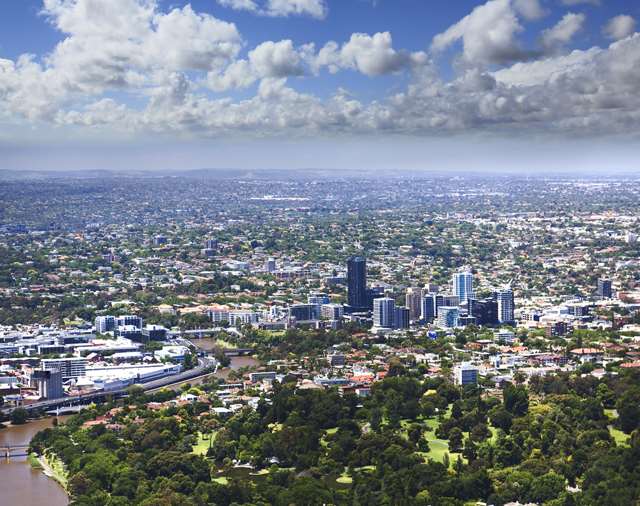Australian cities and towns are set to receive a kick from internet of things (IoT) and data-driven services as the government readies a $50 million program to create “smart cities and suburbs”.
The first round of funds are expected to be opened in the first half of 2017, and individual project grants can be as high as $5 million, the Assistant Minister for Cities and Digital Transformation Angus Taylor said.
Speaking at the Smart Cities Expo in Sydney, Taylor unveiled draft guidelines for how the funds are to be distributed and sought feedback from the sector.
“Smart cities need to take a people-first approach to designing and delivering responsive public services with the help of smart technologies,” Taylor said.
“The Australian Government is committed to working with governments, business and the community to help our cities -- regional and metropolitan -- reach their full potential.”
The Minister called out several applications already known to be in-market such as smart street lighting, and in-road sensors that monitor wear and tear of the road surface.
Another common project in many parts of Australia are the installation of ‘smart bins’ that can alert councils when they are almost full and need emptying, or parking sensors that time over-stayers in high-traffic zones.
These kinds of projects are likely to be seen in the first round of the grants program, which targets “deployment-ready” work that will start within two months of receiving grant money.
However, it appears the government is after more “novel” uses of technology, according to the draft guidelines, suggesting that later rounds will look to drive innovation into urban zones.
While the government will fund projects that are simply about deploying smart infrastructure – as early smart city deployments have been – it is also looking for projects that make “community precincts more liveable, productive, sustainable and safe”.
It also has two categories of funding that are specifically targeted at local government, where technology could help them deliver digital services to constituents or to aid their town planning and maintenance activities.
All projects require participation from a local council.
The government is also “favouring” projects that dovetail into its “city deal” precincts, which have so far been named as Townsville, Launceston and Western Sydney. These are areas where specific focus is already being applied to industry development and “community wellbeing”.
The draft guidelines for the smart cities grants can be found here and comments are being accepted until 20 January 2017.









